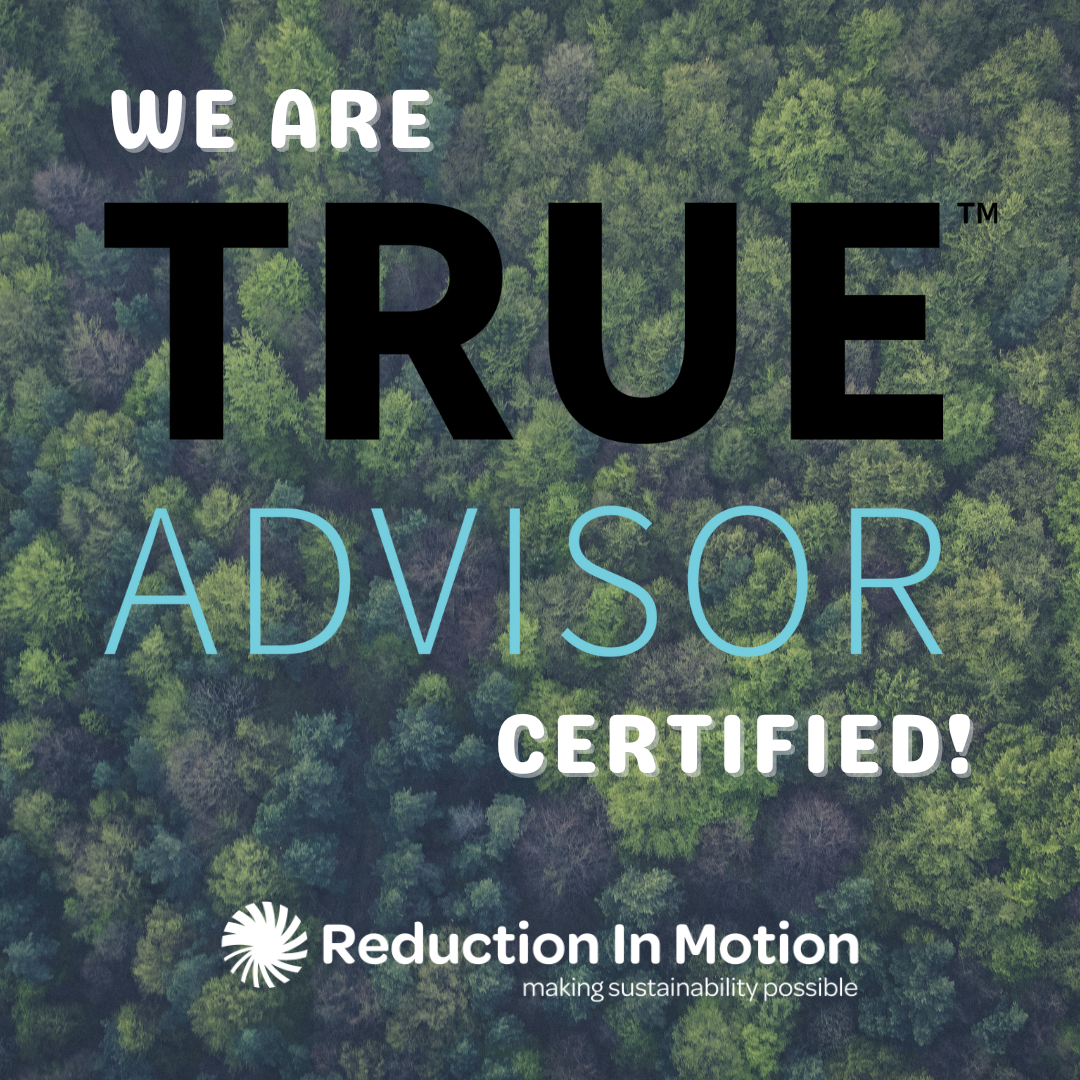Setting Goals and Milestones
Once establishing where you stand, the next step is to determine where you need to go. Haphazardly approaching goal setting will make program managers less efficient and program reporting problematic. Your long-term goals should be built upon industry-recognized standards versus that with which program managers or executives feel comfortable. Depending on your baseline, the timeframe for achieving these goals may be long. It is important to incorporate ongoing milestones that are achievable, so program managers and your organization can positively promote progress toward the long-term goal.
If your industry does not have recognized goals, your organization should utilize assessments such as waste or energy audits to determine feasible long-term goals. Even with industry-recognized goals, audits will help you better understand what is achievable for your organization based on its demographics. For instance, in healthcare, 10% regulated medical waste is an industry-recognized best practice. However, depending on a healthcare facility’s size and patient population, their target may be as low as 1% for long-term care facilities or 13% for high-volume trauma and surgical centers.
When setting goals be sure that your data is transparent and correlates with industry-recognized definitions. For instance, recycling rate is quite different from landfill diversion. Even the ‘Greenest City in the US’, San Francisco, learned this lesson the hard way. Sticking with our earlier healthcare example, unclear definitions and subsequent inconsistent reporting also exists with regard to regulated medical waste. Some Healthcare facilities report regulated medical waste treated on-site as municipal solid waste, yet they still generate waste that needs to be treated as regulated medical. These two examples demonstrate the importance of data transparency; make sure you clearly state how you are defining your goals before reporting them.
Reduction In Motion will help you better understand your baseline and set appropriate goals. We can conduct waste audits to better determine your waste profile and opportunities. We have experience working with many industries and their associated definitions, best management practices and goals. Reduction In Motion helps businesses with sustainability by providing them with the right tools: policies, communications, training, equipment recommendations and data tools. Our team works with you on-site to implement programs and engage and train staff. We love talking trash and have been doing it for over a decade. Contact us today via (410)877-1593 or TrashTalk@ReductionInMotion.com to discuss how we can get this process started for you today at no charge.

Our team of sustainability and waste consultants work together to develop content for our site. Contact us to learn more about something we’ve written about or would like us to focus on in the future.

